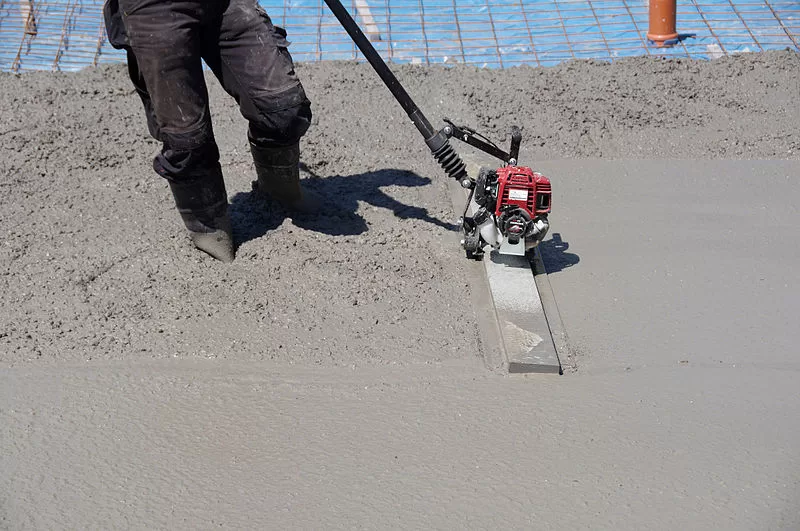Regardless of the size or complexity of a construction project, from minor home refurbishments to grandiose multi-billion dollar developments, the availability of certain materials can vary based on the project’s location. Hence, international shipping and logistics have long been a fundamental aspect of the construction sector.

Today’s expansive global trade network enables you to procure the ideal construction material from practically anywhere across the globe. Here are five crucial considerations to bear in mind when dealing with the import and export of construction materials:
Material Usage Laws Differ By Location
Various regions worldwide have distinct laws and guidelines concerning the use of construction materials. A Customs Broker can assist you in understanding the laws and regulations in the US.
However, it’s equally crucial to conduct your research and verify the local laws and regulations in any other country involved in the acquisition, transportation, or usage of your materials. It’s vital to comprehend what’s permissible and what’s prohibited before procuring any building materials.
For instance, certain kinds of glass might be more affordable but may not be permitted in some areas. Conversely, they could be entirely acceptable in other locations. This rule is applicable to metals, ceramics, stones, and virtually all other forms of building materials.
Grasping the legal aspects before making any decisions is critical. It’s the preliminary step towards ensuring your project complies with local standards. You wouldn’t want to squander time and resources on importing materials that are not allowed for construction purposes.
Choosing a Supplier
Identifying the right supplier, particularly in an overseas context, can be a daunting task with numerous potential challenges in finding suitable ones. Renowned suppliers typically demand higher prices but tend to be more dependable in terms of product quality and customer service.
Suppliers with less recognition might offer substandard products at a significantly reduced cost, often with scant or non-existent customer support. A useful principle to remember is “the quality you receive is proportional to the price you pay.” However, online evaluations and supplier assessments allow you to use past dealings to make a knowledgeable choice about the supplier that best fits your requirements.
Read Also :
Determining the Cost of Your Products
While concluding your supplier selection, pay attention to your product’s pricing. This is often the most significant and challenging aspect of launching an import business. Many potentially successful businesses have collapsed due to poor pricing strategies.
The most effective method to manage this is to get the landing cost of your products. This includes import duties, all taxes, and any transportation and service charges you will encounter before the product lands in your warehouse. Factor in fixed expenses such as rent, utilities, and salaries for any staff you may employ.
Discussing Logistics
Once the pricing is established, take into account the logistics of the entire project. Accurate and acceptable delivery timelines should be calculated for each item.
For instance, if a client wants to import marble tiles, they must reach the construction site well in advance of the projected completion date, allowing sufficient time for the tiling crew to finish their work.
Factors such as potential delays, holidays, and construction duration should be meticulously factored in to prevent any project setbacks. Frequently, companies face penalties for delays as per contracts and agreements with the builder.
The size and weight of marine piling building materials vary, and these elements can guide you in choosing the most suitable transportation method. When deciding on the logistics for your building materials, it’s essential to thoroughly evaluate both costs and timelines.
Crafting a Successful Market Entry Plan
The logistics from the supply side have been sorted, hence it’s high time to initiate the marketing of your products. No matter how exceptional your products are, if your intended audience isn’t aware of them, your business won’t succeed. Undertake some market study to comprehend where your potential customers invest their time.
If your target is a younger demographic, then you might want to focus on digital marketing via platforms like Instagram and TikTok. If your focus is on other businesses, consider participation in industry-specific events, conferences, trade exhibitions, and online platforms such as LinkedIn.
This understanding will guide you in distributing your marketing budget effectively across platforms that promise the highest profitability for your venture.
Endnote
The process of importing construction materials might seem daunting at first, but with proper preparation and adequate knowledge, it can be quite straightforward.
By selecting a reliable supplier, understanding which products can cross the border, organizing your logistics effectively, and correctly filing your customs paperwork, the importation process can run smoothly and effortlessly.









